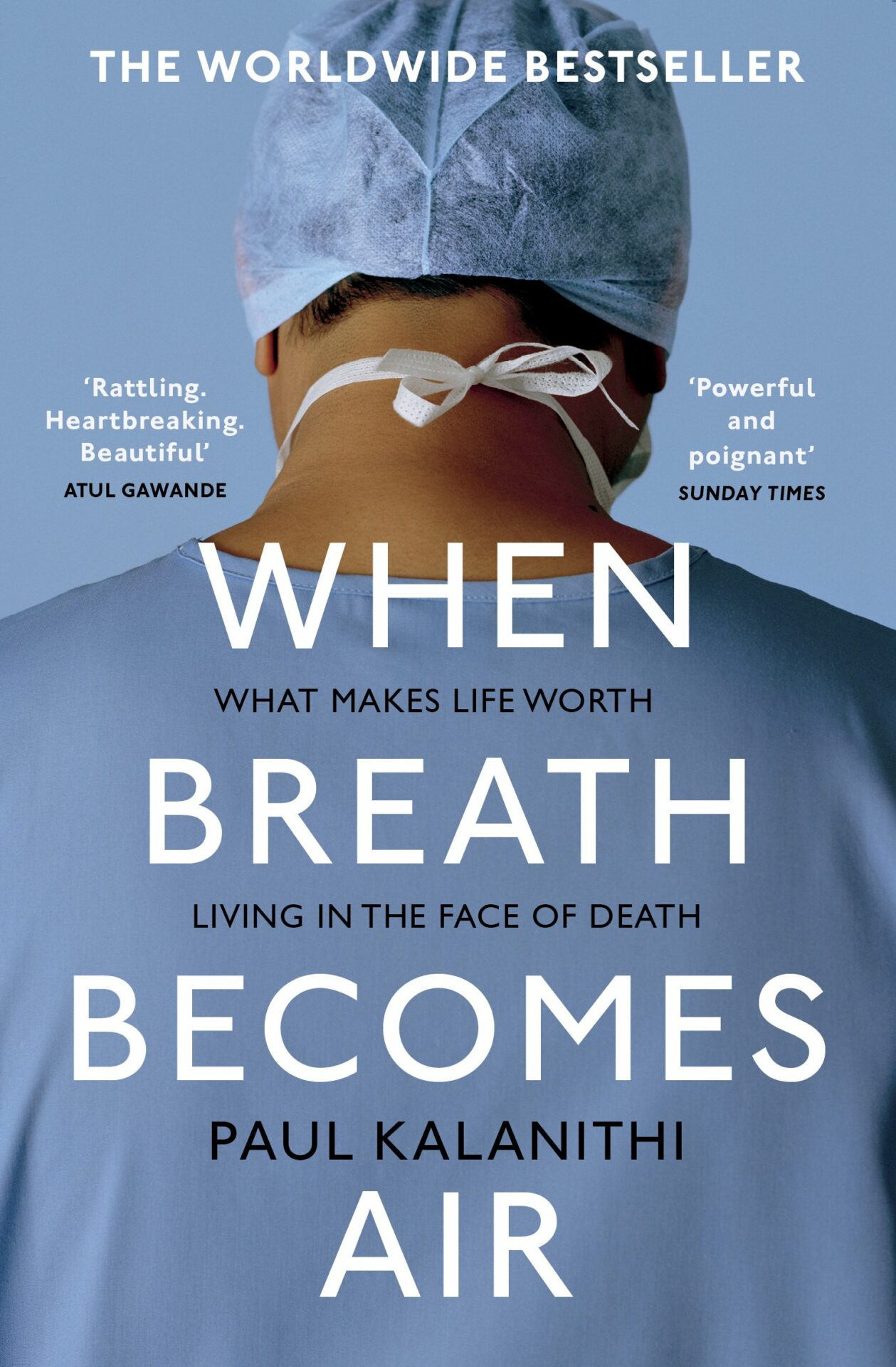

“Human knowledge is never contained in one person. It grows from the relationships we create between each other and the world, and still, it is never complete.”
How can a book filled with so much anguish and pain remain so exhilarating? What makes life meaningful in the face of death? When death starts to hover around, how do we fully explain life’s transient nature? And how would it alter our priorities, goals, and ambitions?
This book mirrors the life of a neurosurgeon resident whose life was on a triumphant trajectory until he was diagnosed with a terminal illness – cancer.
The first section of this book had a Peaceful and happy storyline. It talks about Dr. Paul’s life as a child and his time in college. This section also highlighted a few of the more memorable moments in his life, his zeal for the Christian faith, and his childhood relationships.
After diving deep into the book, the reading starts to become much more intense as one starts to notice how dramatically the cancer was affecting Paul’s daily life, his drifting away from his Christian faith, embracing atheism, the huge task of balancing work as a neurosurgeon, family, and his failing health.
The story has many messages about life itself, our reasons for existing, and God’s given purpose for our lives. It also touches on essential topics like our relationship with fellow humans and many meaningful questions for the reader to ask themselves.
Although the writer died before he could finish the book, he gave answers to the many questions of life which resonate with me personally. He opened my eyes to see the nothingness in life and our vain pursuit for happiness while most often times neglecting really important things- family.
Below are some of my favorite quotes from the book:
“You know, I’ve been having this recurring nightmare that this day was coming,” she said. “I don’t know how you did this for so long.”
“Yet I returned to the central values of Christianity—sacrifice, redemption, forgiveness—because I found them so compelling. There is a tension in the Bible between justice and mercy, between the Old Testament and the New Testament. And the New Testament says you can never be good enough: goodness is the thing, and you can never live up to it. The main message of Jesus, I believed, is that mercy trumps justice every time”.
Even when the cancer was in retreat, it cast long shadows.
“The truth that you live one day at a time didn’t help: What was I supposed to do with that day.”
“The tricky part of illness is that, as you go through it, your values are constantly changing.”
If the weight of mortality does not grow lighter, does it at least get more familiar?
This is a book I’d recommend for anyone to read. It is short and yet powerful. It carries with it a whole meaning to life that will stay with you for a long time.